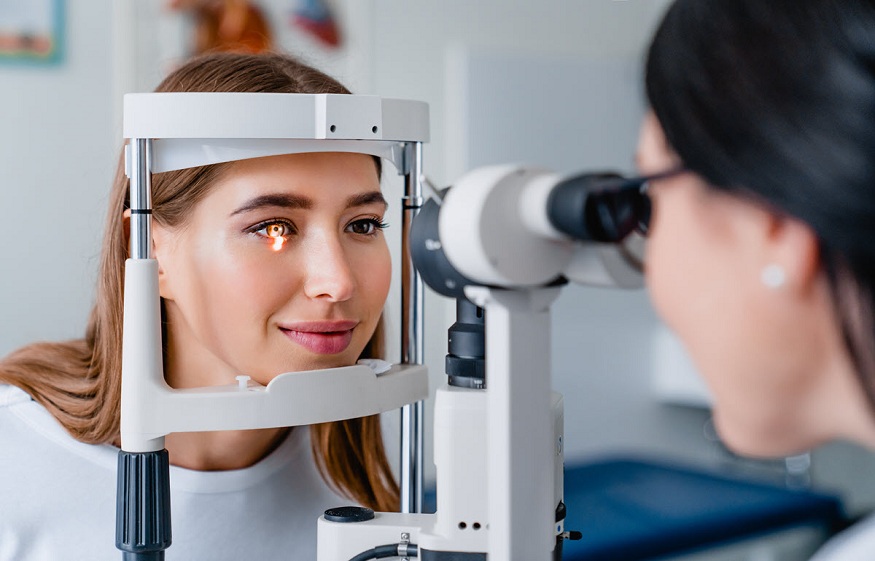
Eye Exams and Medicare
Introduction
When it comes to maintaining optimal eye health, regular eye exams are vital. Not only do they help identify vision problems, but they can also detect serious eye conditions such as cataracts, glaucoma, and macular degeneration. For Medicare beneficiaries, understanding the coverage options for eye exams and vision care becomes essential.
Importance of Eye Exams
Eye exams are not just about checking your visual acuity; they also serve as preventive care to catch eye diseases or conditions at an early stage. Through comprehensive eye exams, optometrists and ophthalmologists can identify signs of eye problems, prescribe corrective eyewear, and recommend appropriate treatments or referrals to specialists if necessary.
Basic Understanding of Medicare
Medicare is a government-sponsored health insurance program primarily created to provide coverage for individuals aged 65 and above, along with certain individuals with disabilities. It consists of several parts, namely Part A (hospital insurance), Part B (medical insurance), Part C (Medicare Advantage), and Part D (prescription drug coverage).
Original Medicare Coverage for Eye Exams
Under Original Medicare (Part A and Part B), routine eye exams for the sole purpose of prescribing eyeglasses or contact lenses are generally not covered. However, Medicare Part B does cover certain eye exams in specific situations, such as:
- Diagnostic tests for cataracts, glaucoma, and macular degeneration
- Annual diabetic retinopathy screening for individuals with diabetes
- Tests for diagnosing and treating eye diseases
Medicare Advantage Plans and Eye Exam Coverage
Medicare Advantage Plans, also known as Part C, are healthcare plans provided by private insurance companies that have been approved by Medicare. These plans must provide at least the same coverage as Original Medicare (Part A and Part B), and many Medicare Advantage Plans offer additional benefits, including vision care.
If you have a Medicare Advantage Plan, your eye exam coverage may vary depending on the plan. Some plans include routine eye exams and medicare as part of their vision benefits, whereas others may require you to visit an in-network provider or pay a copayment or coinsurance.
Medicare Supplement Insurance and Eye Exams
Medicare Supplement Insurance, also known as Medigap, is designed to fill the gaps in Original Medicare coverage. While Medigap plans do not typically include vision benefits, some plans may offer discounts on eyewear or eye exams through specific vision networks or discount programs.
It’s important to note that Medigap plans do not provide stand-alone vision coverage, so if vision care is a priority, you may want to consider other options, such as standalone vision insurance plans.
Conclusion
In conclusion, understanding the relationship between eye exams and Medicare is crucial for individuals who rely on the program for their healthcare needs. While Original Medicare generally does not cover routine eye exams for eyeglasses or contact lenses, certain diagnostic tests and screenings for eye diseases are covered under Medicare Part B. Depending on the specific plan, Medicare Advantage Plans may offer supplementary vision benefits, which can include coverage for routine eye exams.
We’re a specialist link-building agency that builds incredible backlinks to improve your
Search engine rankings.


